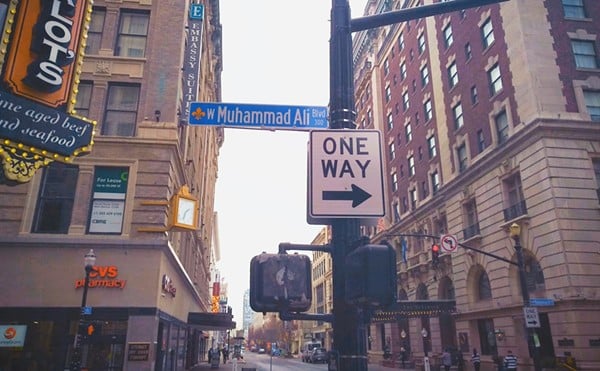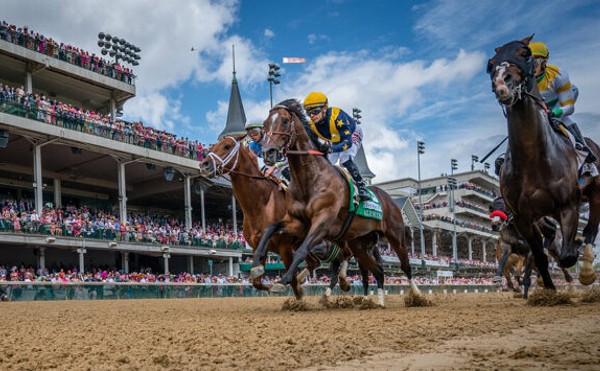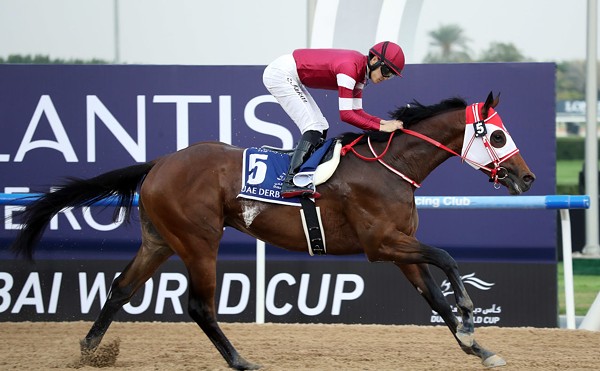Literary LEO is an annual rite that dates to the early years of this newspaper. It has grown along with the newspaper’s readership, and each year, LEO receives hundreds of poems, prose and photographs from throughout the community. The work that this year’s judges deem the best are in the following pages.
Each year, LEO also features an evening of public readings by the winning writers and an exhibit of the winning photographs. This year’s event takes place tomorrow, Thursday, Feb. 1, at the Jazz Factory, 815 W. Market St. There’s no cover, and it starts at 7:30 p.m.
Enjoy the views and viewpoints presented here. —Elizabeth Kramer
The Judges:
Martha Greenwald
(Poetry)
Martha Greenwald’s poetry has appeared in numerous literary journals including Poetry, Slate, The Threepenny Review, Shenandoah, The Notre Dame Review, Dogwood and The New England Review. A former Wallace Stegner Fellow in Creative Writing at Stanford University, she has received an Al Smith Fellowship from the Kentucky Arts Council, and has had residencies at Yaddo and the Vermont Studio Center. She teaches creative writing and literature at the University of Louisville.
On Literary LEO: On a recent visit to my dentist, I noticed the practice had renovated its office and changed the décor. The mauve and seafoam chairs had been re-upholstered with horseshoe tapestry fabric. Derby and Breeders’ Cup posters were hung from every wall. Even the curtains were embroidered with tiny thoroughbreds all galloping in unison. I was amused, disappointed — yet another unimaginative example of the Derby kitsch that often pervades Louisville’s public aesthetic. Horse “art” is everywhere in this city. I’m tired of it.
So I admit I was skeptical when I first picked up the poem that I ultimately chose for fist place. Immediately, though, the first stanza of “Holy” disarmed me. The language demands attention, is disorienting but subtle. I like the formal elegance of the poem and the way that it forces the reader to enter the speaker’s state of mind without being overly manipulative. “Holy” is haunting. Over the two weeks that I spent judging this contest, I returned to the poem repeatedly, admiring how it evokes both the personal and local landscape without ever entering the world of horseshoe tote bags. The success of the poem is in no small part due to skillfully crafted lines, and the artful use of internal rhyme. The lines make us see and hear the “blue-eyed boy,” (to use the poem’s most surprising word) “fiercely.”
Will Hardesty
(Bad Poetry)
Will Hardesty is a Louisville-based standup comic who recently appeared at HBO’s Las Vegas Comedy Festival.
On Literary LEO: The idea is that if something is bad it must therefore be funny; and if horrific then it must be hilarious. And I must assume that it was in that spirit that the editors of LEO asked me to judge their “Bad Poetry” competition.
Well, the joke is on them. As it happens, I am a great lover of poetry. There is no greater pleasure in life than to immerse oneself in the works of Keats or Yeats (and let me point out that those names do not rhyme). And so it was that I judged this year’s entries not as a “comedian,” but as a connoisseur of what Wallace Stevens described as “the sublime art of hooking syllables together to form a paycheck.”
My work was not easy. Each poem seemed more wretched, odious and vile than the last. Kudos to all who entered. And yet there were those that stood out for their remarkable waste of paper and ink. The insipid “Going to My Happy Place” is enough to make one believe that Jewel is an heir to Wordsworth. I found “Impatient” a foul exercise in pseudo-existentialist naval-gazing. “Purina, Purina” takes pointlessness to a Hegelian extreme with six pages of trite verse extolling the joys of pet food. Ironically, this poem (for want of a better word) most closely matches MacHamish’s epic tripe and would have taken first if only it did not “borrow” the meter from Zimmerman’s “Corinna, Corinna.” A truly awful poem is original.
Ed McClanahan
(Short Fiction, Flash Fiction)
Ed McClanahan is the author of the novel “The Natural Man”; “Famous People I Have Known,” a serio-comic autobiography; a collection of three novellas titled “A Congress of Wonders”; and other books. His fiction and non-fiction have appeared in Esquire, Playboy and many other magazines. He has taught English and creative writing at a number of universities, including Stanford University, the University of Montana and the University of Kentucky. He lives in Lexington.
On Literary LEO: Judging a fiction contest is a risky proposition, sorta like judging a Cute Kid contest: If there are 100 entries, you make two new friends — the parents of the winner, and 198 sworn enemies — folks who are convinced that you’ve dissed not just them and their progeny but, in this case, their entire literary gene pool. That’s why I decided not to single out any Honorable Mentions in the LEO fiction contests. This way, see, I can claim that every single contestant who didn’t win deserves, at least, an Honorable Mention. This should improve, marginally, my chances of survival, and has the added virtue of being absolutely true besides.
Michael Morris
(Traditional and Nontraditional Photography)
Michael Morris is a graphic designer and photographer living and working in Louisville.
On Literary LEO: Judging a photography contest is much like being asked to pick the best-looking child at a family reunion. Every child has his or her own endearing traits, and choosing one among many is a purely subjective endeavor.
The images I chose may not necessarily been the best photographs entered in the contest, but they were the photographs that stood out to me personally. I hope everyone enjoys the winning entries and is inspired to continue shooting and enter again next year.





